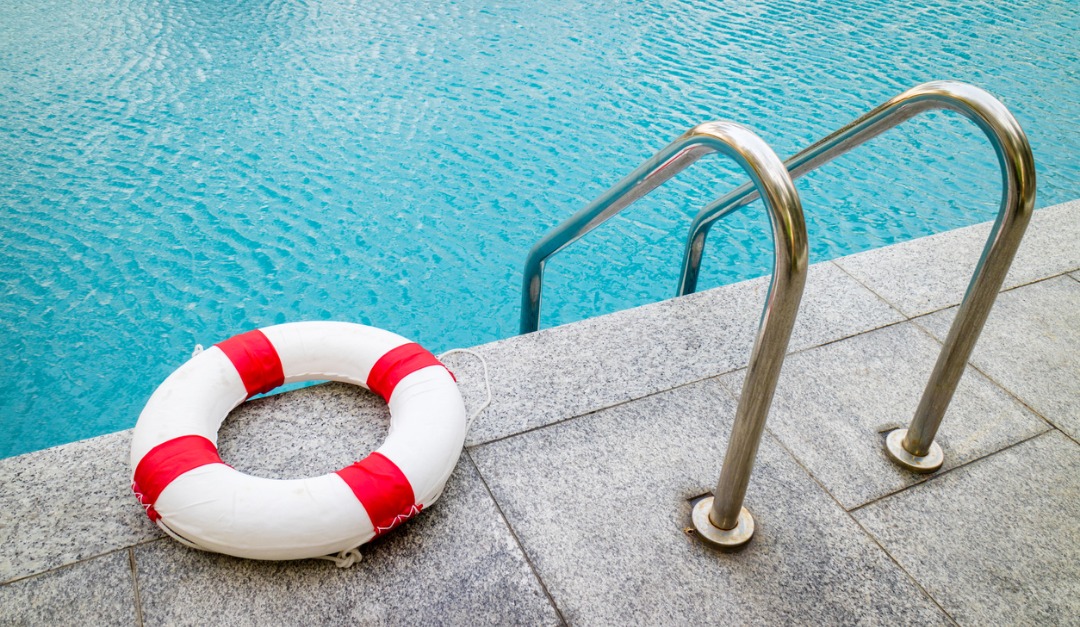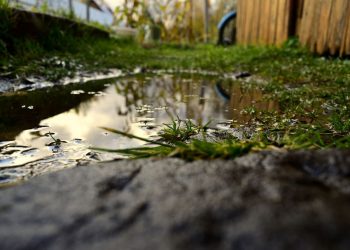A pool is an excellent addition to any home, but while it can bring loads of fun and respite from hot weather, owning a pool requires special attention. These vital pool safety basics are imperative for every homeowner to know.
Research Your Local Requirements
Pool safety is vital and it is so important that your municipal area may have regulations and requirements regarding your pool’s setup and safety measures. Some homeowners may be legally required to enclose or cover the pool.
However, even if your area doesn’t have these requirements, it’s better to be safe than sorry. Consider these safety measures:
- A fence – Your pool’s fencing should be at least four feet high with rails less than four inches apart to prevent climbing. Your fence should have gates that open outward with self-closing and self-latching gates that are out of the reach of young children. This is important, even if there are no young children in your home. Wandering neighborhood kids could be in danger if they are able to access your pool unannounced.
- A door lock and alarm – An ideal addition for homes with small children, installing a lock and alarm on the backdoor leading to the pool can prevent a small child from accessing the pool unattended. This small feature can prevent a tragedy.
Be Your Own Lifeguard
No amount of pool equipment will take the place of a trained and cautious eye. Consider taking lifeguard courses to adequately supervise children playing in the water. If there are multiple adults in your household, consider ensuring that all adults at least have CPR training in case the “lifeguard” in the family is not present.
Keep Equipment Well Maintained
Any pool owner can tell you that pool maintenance can get more costly than expected. However, an unmaintained pool or equipment can cause an unsafe situation. Constant chemical and water exposure eventually means wear and tear. Check for signs of rust or damage on ladders. Broken ladders, chipped concrete and missing drain covers should be repaired immediately.
Keep Water Germ-Free
Remember, drowning and injury are not the only risks associated with pool safety negligence. Contaminated water can cause sickness. All pools require that you test the water to maintain proper chemical levels and remove debris to ensure proper filtration and water circulation.











